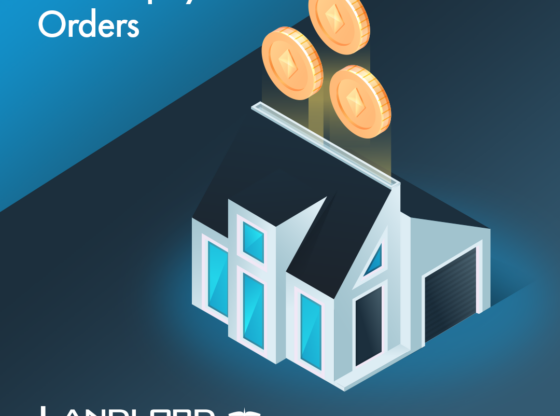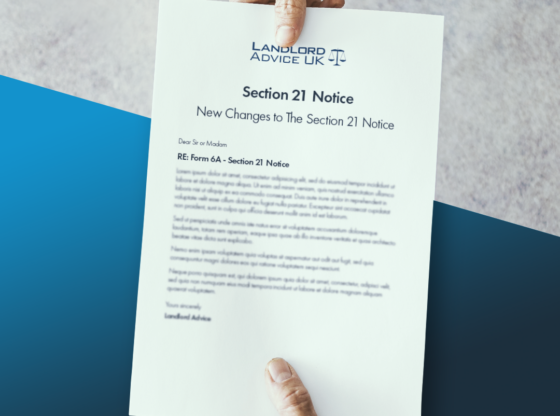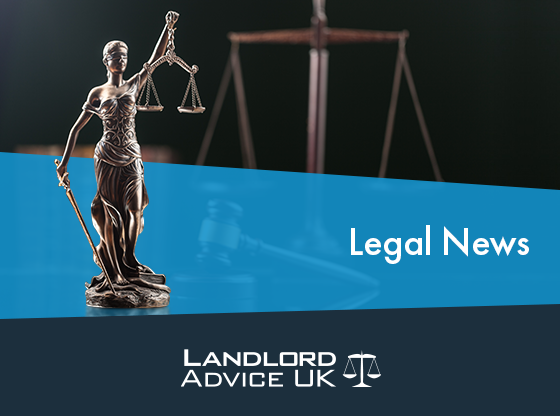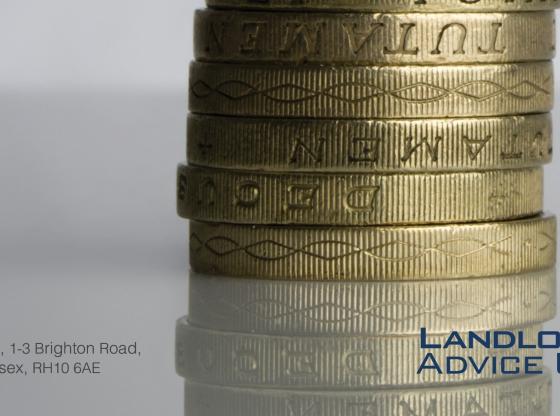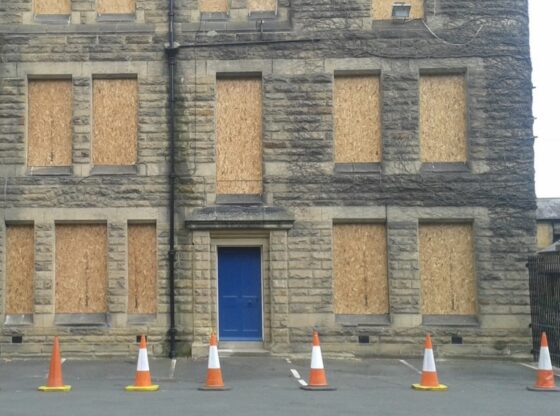The Assured Tenancies and Agricultural Occupancies (Forms) (Moratorium Debt) (Consequential Amendment) (England) Regulations 2021 have been published which create a new prescribed section 8 notice for England.
The changes of note incorporate information about the breathing space regulations which commence on 4 May 2021. This means that from 04 May 2021, there will be an updated prescribe form of the section 8 notice.
As the debt breathing space regulations apply to both England and Wales, we expect a new section 8 notice for Wales too.
The debt breathing space regulations allow a person to consult a debt advisor and the debt advisor can start a breathing space.
The starting of a breathing space means no action can be taken during the period of the breathing space including serving a section 8 notice on rent arrears grounds nor issuing proceedings (even if a section 8 has already been served).
What is breathing space?
The Debt Respite Scheme (Breathing Space Moratorium and Mental Health Crisis Moratorium) (England and Wales) Regulations 2020 gives debtors the right to ‘breathing space’.
The Debt Respite Scheme (Breathing Space) will give someone in problem debt the right to legal protections from their creditors.
There are two types of breathing space: a standard breathing space and a mental health crisis breathing space. Where there is a difference between them, we’ll refer specifically to either a standard breathing space or a mental health crisis breathing space. Where there is no difference, we will simply refer to a breathing space.
A standard breathing space is available to anyone with problem debt. It gives them legal protections from creditor action for up to 60 days. The protections include pausing most enforcement action and contact from creditors and freezing most interest and charges on their debts.
A mental health crisis breathing space is only available to someone who is receiving mental health crisis treatment and it has some stronger protections. It lasts as long as the person’s mental health crisis treatment, plus 30 days (no matter how long the crisis treatment lasts).
The legislation this guidance references is The Debt Respite Scheme (Breathing Space Moratorium and Mental Health Crisis Moratorium) (England and Wales) Regulations 2020. This guidance is intended to support creditors in understanding the regulations.
As a creditor, if you’re told that a debt owed to you is in a breathing space, you must stop all action related to that debt and apply the protections. These protections must stay in place until the breathing space ends.
A breathing space can only be started by:
- a debt advice provider who is authorised by the Financial Conduct Authority (FCA) to offer debt counselling
- a local authority (where they provide debt advice to residents)
Debts included in a breathing space must be qualifying debts. Debts are any sum of money owed by the debtor to you, while liabilities are any obligation on the debtor to pay money to you. Most debts are likely to be qualifying debts. These will include rent arrears.
Once a breathing space has started, you or anybody acting on your behalf must not take any enforcement actions against the debtor or anyone who is jointly liable with them for a breathing space debt.
This means that a landlord cannot serve a notice to take possession of a property let to the debtor on the grounds of rent arrears due up to the start of the breathing space; or take possession of a property let to the debtor having served such a notice prior to the start of the breathing space. It also means that landlords will not be able to enforce possession orders obtained prior to the start of the breathing space.
A standard breathing space ends:
- 60 days from the date it started
- the day after a debt adviser or a court cancels it
- if the debtor dies during the breathing space period. In this case, the breathing space ends on the day after the debtor died
When a breathing space ends, landlords will be able to:
- serve a notice seeking possession based on rent arrears,
- issue legal proceedings to recover possession of property,
- issue legal proceedings relating to rent arrears,
- enforce a judgement order made by a court,
- start applying interest, fees, penalties and charges to the debt from the date that the breathing space ends.



